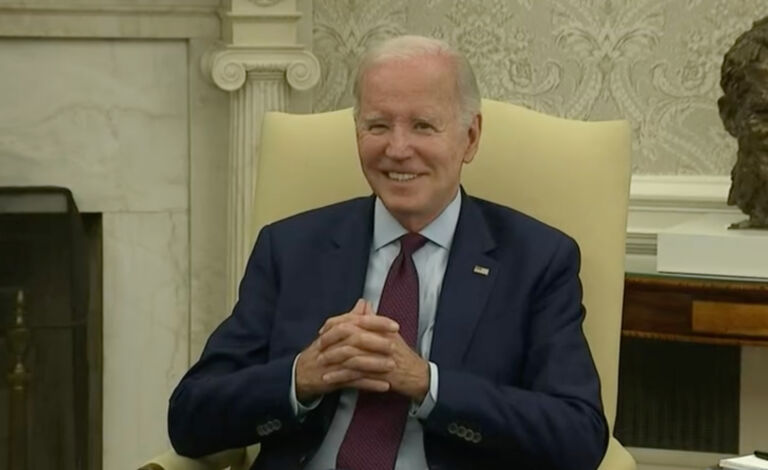Charles Cooke of National Review Online considers the president’s puzzling reaction to the Colonial pipeline shutdown.
Sometimes I’m left unsure as to what progressives believe the government is for. In response to the news that the key energy pipeline on the East Coast had been hacked, the White House said this:
“Earlier Monday, White House national security officials described the attack as financially motivated in nature. Biden administration officials, however, would not say if Colonial Pipeline agreed to pay the ransom.
“’Typically that’s a private sector decision,’ Anne Neuberger, deputy national security advisor for cyber and emerging technologies, told reporters at the White House when asked about the ransom payment.” …
… Really? I’m one of those guys who thinks that government should do very little — especially the federal government, which I think should do almost nothing. But in what universe is this primarily a “private sector decision”? And in what universe does the Biden administration, which seems to want pretty much every aspect of American life to fall under the purview of the state, believe that ransom demands made against core energy infrastructure is outside of its remit?
The Colonial pipeline, which runs through twelve states, is, by definition, a matter of “interstate commerce” — and it would have been perceived as such long before the New Deal redefined that term into open-ended meaninglessness (see: Gibbons v. Ogden). The pipeline is also extremely important. It supplies nearly half of the fuel that states on the East Coast use for driving and flying, and it is hooked up to a number of crucial airports, including the nation’s busiest, Hartsfield Jackson Airport in Atlanta (air travel is another intrinsically interstate concern). There can be no doubt about the federal government’s regulatory jurisdiction here, nor any doubt that it has an interest in keeping the pipeline safe.


